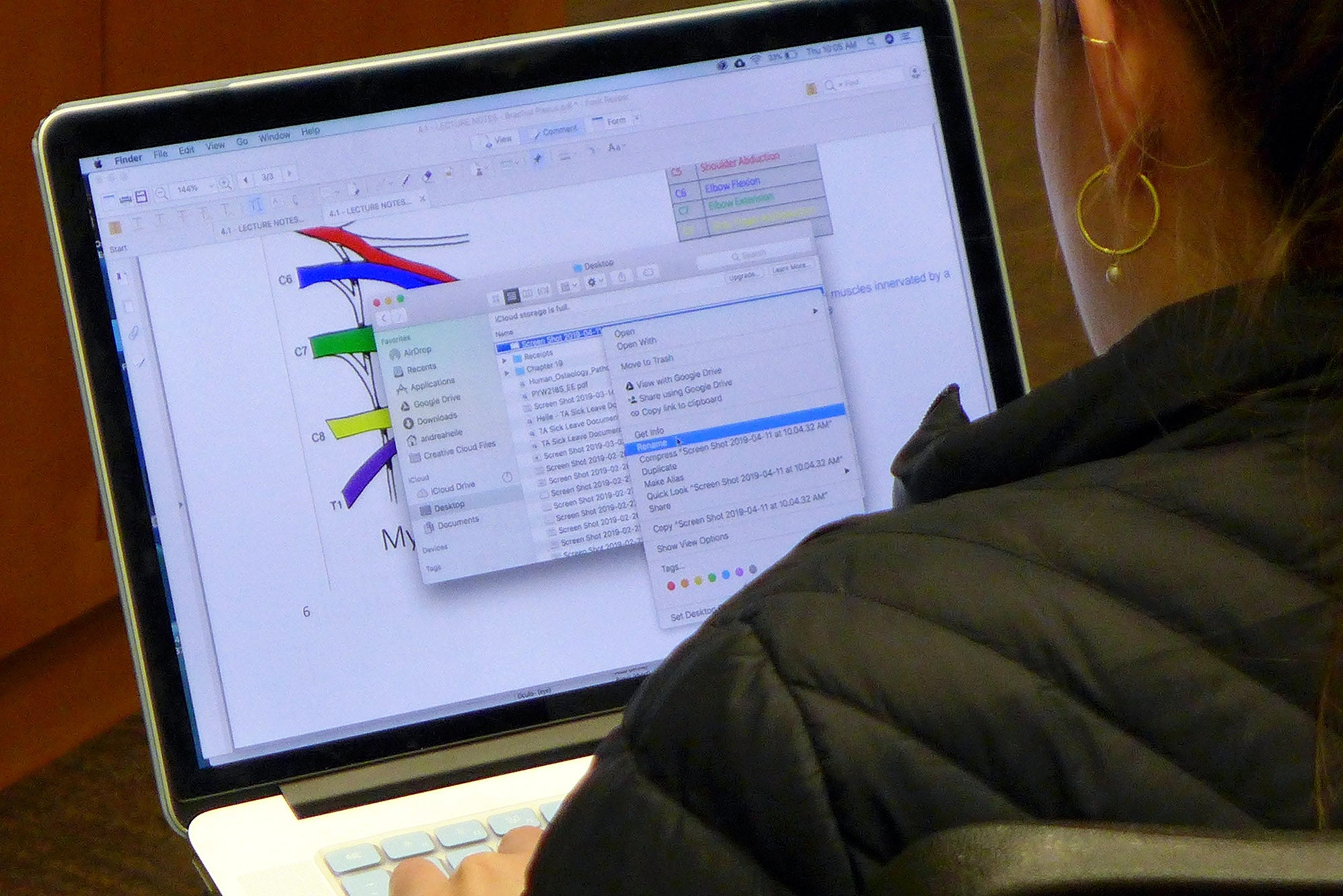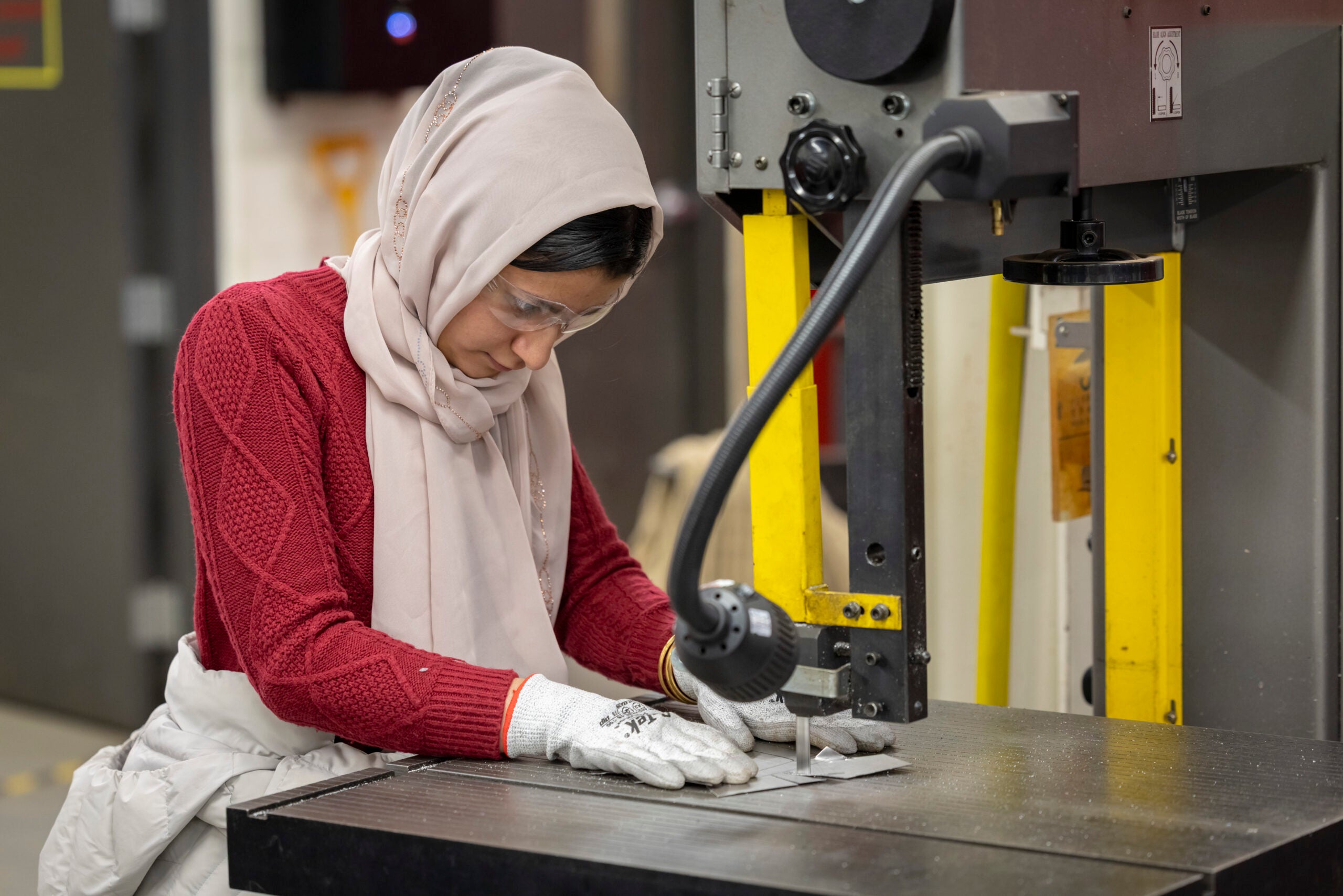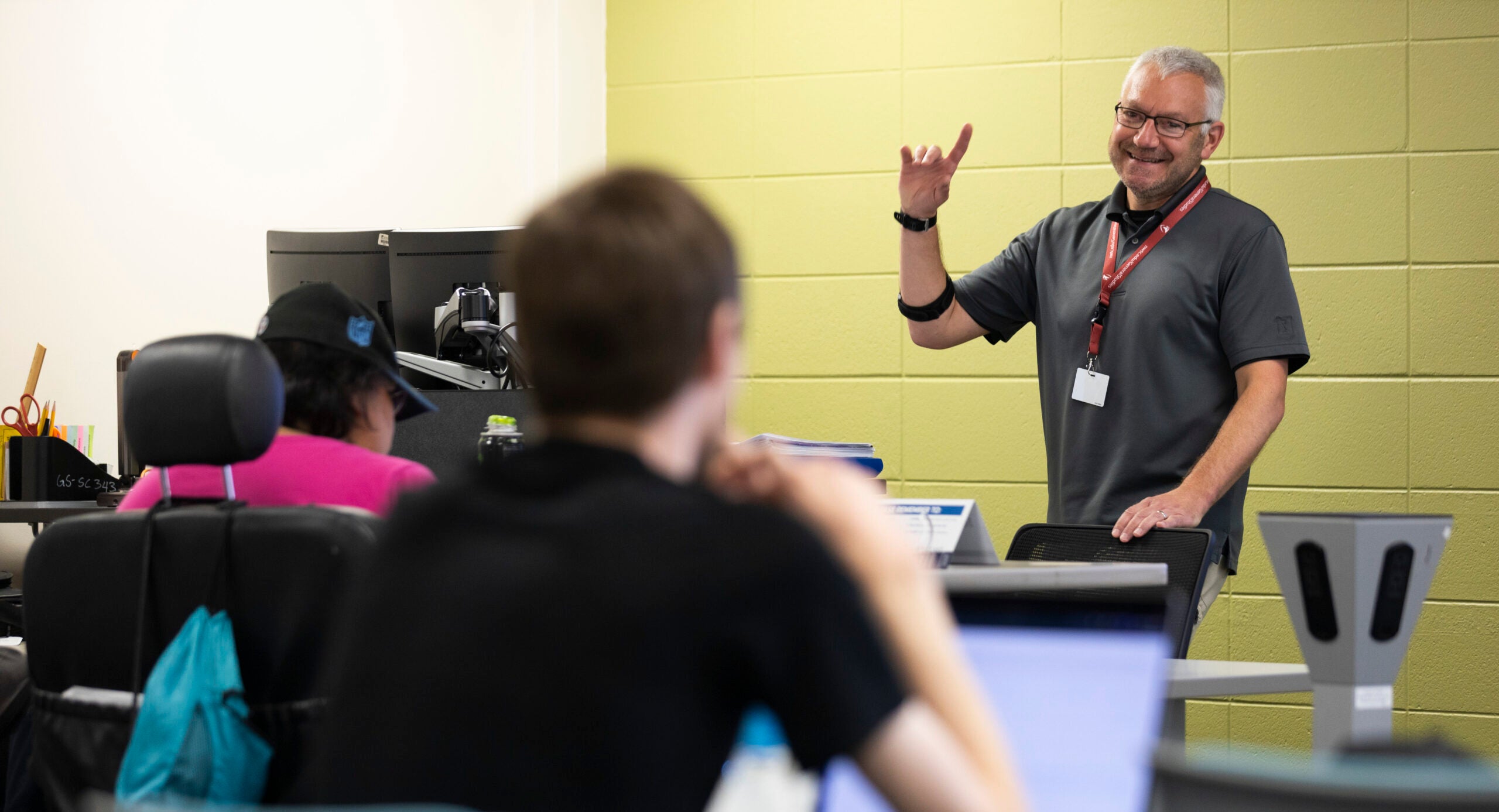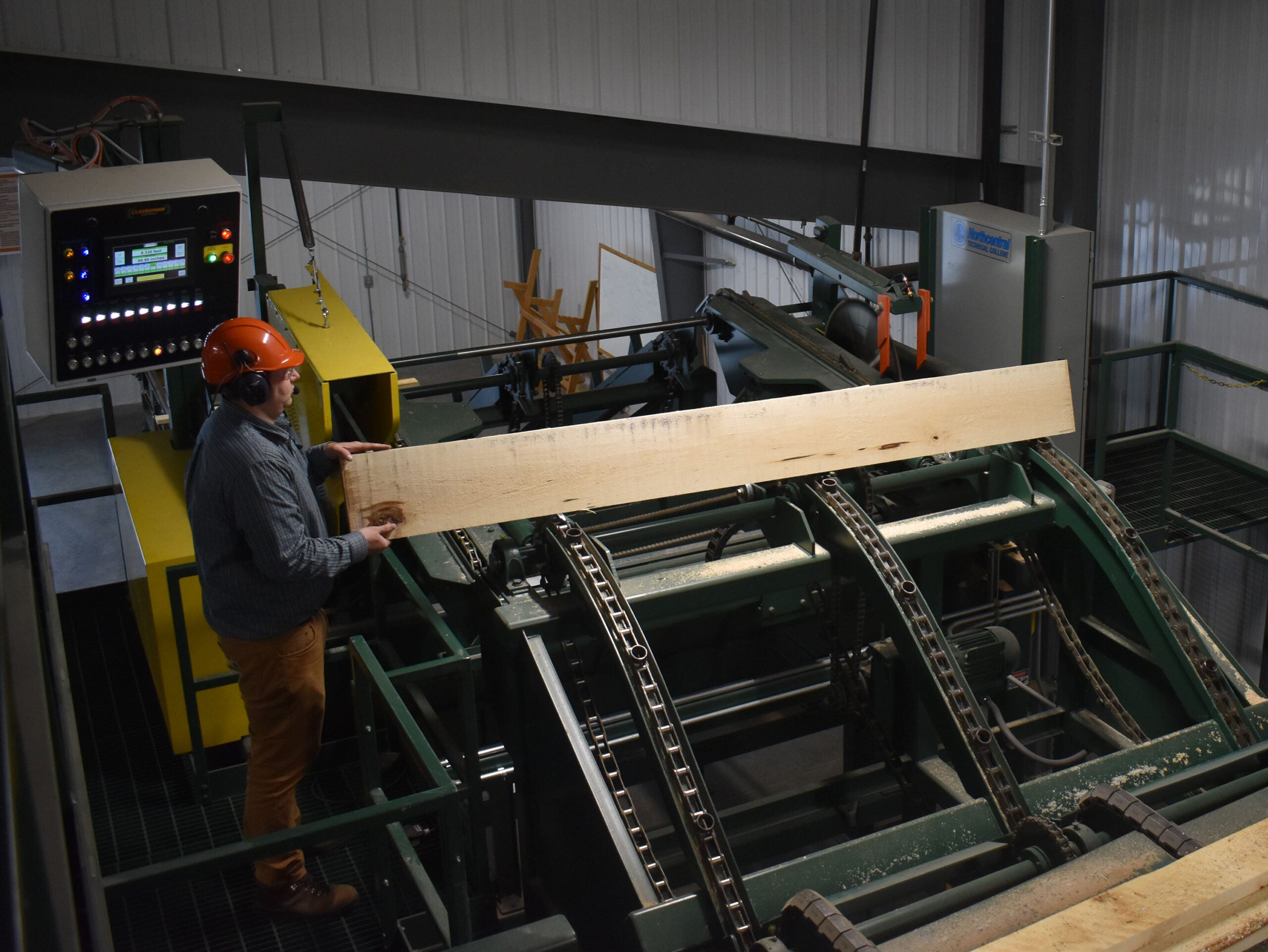University instructors around the state are scrambling to rethink their courses as campuses move to online instruction amid the spread of the new coronavirus pandemic.
Colin Belby, chair of the Geography and Earth Science Department at the University of Wisconsin-La Crosse, said he isn’t sure if all instructors will be ready when the university’s classes start online next Monday.
“That’s a million-dollar question,” Belby said. “Most people aren’t going to have their materials in place for the rest of the semester. But they’ll have the framework up for how they’re going to approach the rest of the semester. They’ll have those discussion points available to students for how they are going to move forward with the semester and they’ll definitely have the next one to two weeks of materials ready to go.”
News with a little more humanity
WPR’s “Wisconsin Today” newsletter keeps you connected to the state you love without feeling overwhelmed. No paywall. No agenda. No corporate filter.
Belby said redesigning labs for online instruction has been a particular challenge because the lessons are often hands-on. But he’s working to rethink how to teach the required concepts.
“So, if a student is doing a lab on measuring how much water is flowing through a river, well, they might not actually come out and make those measurements, but I can still provide that data to them. And they can still answer the questions and do the calculations required for that lab activity,” Belby said.
While it’s been a few years since Belby has taught a completely online course, he said most instructors use the university’s online learning management system to do things like upload materials, so it’s not completely unfamiliar.
Instructors have also been turning to UW-La Crosse’s Center for Advancing Teaching and Learning (CATL) for help, Belby said.
The center originally planned in-person training to help instructors prepare for the switch to online courses. But Kristin Koepke, CATL’s interim director, said those sessions were moved online last week as employees were asked to work from home.
“Right now, we are offering one-on-one consultations. Those are all now happening virtually. We are also offering what we’re calling drop-in hours. So like open hours, again, in a virtual meeting room where faculty can come and ask whatever questions they have,” Koepke said.
This week, the center has been hosting two webinars per day to offer instructors advice before they start online classes on Monday.
Koepke said they’re especially looking to support professors who have never taught online, from showing them how to livestream lectures to helping them think through the most effective ways to teach their material.
“Oftentimes, the technology is what is kind of a barrier and it’s concerning to people who haven’t taught online before,” Koepke said. “If we can just get instructors understanding what are some of the key components that go into a good online course, then we can start working with them on the technologies to do that.”
Some instructors also hope their courses can respond to the pandemic that has upset the remainder of the semester.
Annie Dugan, an art instructor at UW-Superior and the College of St. Scholastica, a private college in Duluth, Minnesota, said she completely redesigned the syllabus for her modern art history course to focus on art in times of displacement.
“I wanted material that was going to help ground me again, or at least give me some understanding of how the art world in the past has dealt with. Because this isn’t the first time that our world has faced crises,” Dugan said. “I realized, well, if I’m wanting to do this, I’m sure my students are too.”
Dugan taught her first online course last semester. She said it took her six months to prepare for that class, time she did not have when UW-Superior announced two weeks ago that classes would be moved online starting March 30.
“I don’t think that we should expect that you can take that kind of really thoughtful planning, condense it down into two weeks,” Dugan said. “I have a 3- and a 5-year-old that I’m watching during the day. And so it’s not like I’ve got all this extra time.”
Delivering the courses online brings its own challenges. Dugan said she doesn’t have access to high-speed internet on her farm.
“I polled my students two weeks ago to say, ‘What’s going to be everybody’s technology situation?’ And a lot of them are in similar situations where it’s a half-hour drive to get high-speed internet. Well, if the businesses aren’t open, you can’t actually use businesses to use the internet. So it’s definitely a difficult situation across the board,” Dugan said.
She said UW-Superior has been working aggressively to meet the technology needs of students and instructors.
Wisconsin Public Radio, © Copyright 2026, Board of Regents of the University of Wisconsin System and Wisconsin Educational Communications Board.






